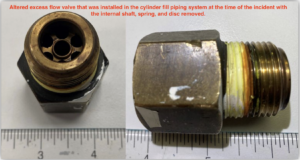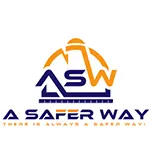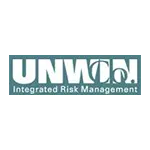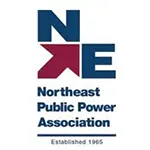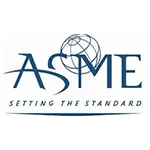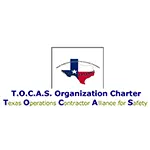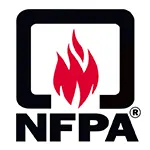Let us help you make sense of PSM / RMP!
My friend Brian Chapin will be offering an open-enrollment PSM/RMP class in Burleson, Texas, July 8th to 11th, 2025. Brian is an absolute pro in NH3 Refrigeration Process Safety. Anyone who attends will also get a FREE membership to SAFTENG. You can get more information on the class with this link.
CLICK HERE to Renew your Membership
CLICK HERE for a NEW Membership
CLICK HERE to see eligibility requirements for FREE Membership
If you have any questions, please contact m
SAFTENG has:
- Over 18,000 categorized unsafe acts/conditions and accident/injury photos
- Over 1,500 ppt's & doc's in the SAFTENG Library
- Over 4,000 Technical Articles on Process Safety, Emergency Response & OSH topics
- Over 450 videos (those not allowed on YouTube Channel)
Many THANKS to my NEW Members and those who CONTINUE to support SAFTENG:









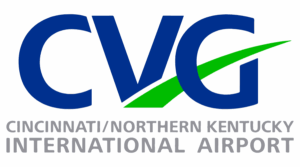


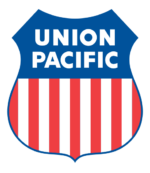

October 19, 2024
The process in progress at the time of the event was the manufacture of methatrexate, an anti-cancer drug. Shortly after employee #1 began to draw bromine liquid into the supposedly clean and empty charging pot, he heard a hissing sound. He then saw a purple haze spewing out from under the lid of the pot. Analysis of the residue left behind inside the charging pot showed that bromine had reacted vigorously...
Read More
October 19, 2024
When we use the phrase “cascading failures,” this event is nearly a perfect example. 1) A gas station employee attempted to fill a propane tank without the required training. This led to the uncontrolled release of approximately 1500 liters (396 gallons or 1,600 pounds) of liquid propane and evacuated nearby homes. 2) When the staff went to use the emergency shut-off, poor labeling resulted...
Read More
October 19, 2024
An explosion occurred inside a mobile trailer containing five (5) gas-fueled clothing dryers at a fruit orchard and processing facility. The blast caused damage to the building, and the facilities manager, who was inside when it took place, received burns and contusions. In 2019, the gas-fueled clothing dryers were installed and converted from natural gas to propane by unqualified individuals...
Read More
October 19, 2024
In recent years, we have seen many facilities begin to fill their own PIT LPG cylinders on-site rather than contract this service out. Typically, we find this “change” was poorly managed: no PPE Hazard Assessment, no (or very poor) training on the task, LPG improperly located, improper electrical classification around the LPG tank and the filling station, etc. This comes down to management...
Read More
October 19, 2024
During my time in the process industry, we usually had a “caustic scrubber” attached to our PSM/RMP covered process(s). This meant this scrubber was “part of” the covered process. I get a lot of pushback regarding covering “safety critical utilities” that are in place to either PREVENT, PROTECT, or MITIGATE an event from the covered process, but for me,...
Read More
October 19, 2024
We routinely discuss the challenges and risks of performing Line/Equipment Opening (LEO) tasks, with one of the top 5 challenges being the “means used to verify” the pipe/equipment is at a Zero-Energy-State (ZES). The factors that occurred in this incident probably happens by the hour in the process industry; it is why we ALWAYS have on a layer of PPE that will protect us when this...
Read More
October 19, 2024
Looking at the contractor involved with the refinery H2S incident last week, I came across another refinery accident involving H2S where this contractor had their employees exposed. I have no special info on this latest incident, and I will let the media release the name of the contractor, but this 1998 incident was being in the wrong place at the wrong time. Another contractor company...
Read More
October 19, 2024
October 15, 2024 MEMORANDUM FOR: REGIONAL ADMINISTRATORS STATE DESIGNEES THROUGH: AMANDA L. EDENS, Deputy Assistant Secretary FROM: SCOTT C. KETCHAM, Director Directorate of Enforcement Programs SUBJECT: Inspection Guidance for Animal Slaughtering and Processing Establishments This memorandum establishes guidance for inspections conducted in all animal slaughtering and processing establishments, North...
Read More
October 19, 2024
Regardless of what CSB highlights in this video… TORQUE VALUES MATTER and having your Emergency Escape Respirator on your person all played a role in this accident! Also, SIMOPS is a term discussed the video. CLICK HERE to see a great, and FREE, safety document explaining SIMOPS from our friends at the CCPS. I also implore you to read my 87 articles on “Line Breaking”, several...
Read More
October 19, 2024
This case is interesting, as I have always challenged the concept that an engine room (membership required)with large roll-up utility doors and windows and personnel/fire doors that are found propped open more often than not would contain the “catastrophic release of NH3”. It seems this EPA inspector was one who attended one of my 5-Day Advanced Process Safety courses, and I was able...
Read More
October 19, 2024
If we spend enough time in chemical plants, we will encounter a widespread, albeit severe, human failure regarding a “safety-critical instrument.” I am referring to the IMPROPER placement of personal gas monitors. Nine times out of 10, where do we find these personal gas monitors on the worker’s body? I am betting your experiences are similar to mine and you would...
Read More
October 18, 2024
This case is interesting, as I have always challenged the concept that an engine room (membership required)with large roll-up utility doors and windows and personnel/fire doors that are found propped open more often than not would contain the “catastrophic release of NH3”. It seems this EPA inspector was one who attended one of my 5-Day Advanced Process Safety courses, and I was able...
Read More


